When it comes to knowing what to wear in hospitals, comfort and safety are paramount. An often overlooked but critical component of patient care and hospital clothing involves what's on a patient's feet. Hospital socks, designed with specific medical needs in mind, not only provide warmth and comfort but also play a significant role in patient recovery and safety. These include specialized styles like anti slip socks for elderly, designed to reduce fall risk. These specialized socks come in various types to cater to different medical needs, from preventing falls to improving blood circulation. Let’s explore the importance of hospital socks and five specific types that are essential for patient care.
Each type of hospital sock has different use cases, so depending on your needs, this guide should help you find what you’re looking for. Don’t see it or have a question? Please leave it in the comments!
What are Hospital Socks?
Hospital socks are specially designed footwear intended for patients during their hospital stay. Unlike regular socks, they come with features such as non-slip grips, compression for improved circulation, and materials that cater to the hygienic requirements of a hospital environment. These socks are beneficial for patients who spend a lot of time in bed, have limited mobility, or require additional foot care due to their medical conditions. They are also used by hospital staff to ensure a sterile and safe environment for everyone. When staying in a hospital that is full of slick floors, the last thing anyone wants is an injury. Hospital socks reduce the risk of slipping and falling.
Why Use Hospital Socks?
One myth about hospital socks is that they’re only found or used in hospital settings. That’s far from the truth. You can actually find great options for hospital socks online to wear at home or when you travel, in addition to at a hospital, care community, or nursing home. Many people will buy their own hospital socks for a variety of reasons. Some prefer premium options that aren’t offered at a hospital. Others will use these socks during a period of rehab or recovery at home. Some people will find long-term benefits to using hospital socks. Gripper socks, for example, can be an essential safety tool for older adults who are aging in place at home, providing them a simple way to reduce the chance of slipping or falling.
5 Types of Hospital Socks
Hospital socks come in various types, each designed with specific features to meet the diverse needs of patients. Yes, the socks you might get during a hospital stay aren’t the only options out there! You can find plenty of hospital socks with premium fabric and quality construction. Many of them are even pretty stylish! If you don’t see a type of sock that you’re looking for, please leave us a comment and we’ll help.
Here’s an overview of five essential types of hospital socks:
Gripper Socks
Gripper socks are known for their non-slip soles, which provide traction on hospital floors, reducing the risk of slips and falls. These socks are especially important for elderly patients or those with mobility issues, ensuring they can move safely and independently as much as possible. The soles are usually made of rubber or silicone patterns, providing grip on smooth surfaces.
Gripper socks can also benefit any older adult, regardless of their mobility level. They provide a safe net at night, reducing the risk of slipping when getting up from bed. They are also great options for adults who use wheelchairs, but use their feet to move. The grip provides them traction, making it much easier to get from place to place and provides the comfort of not needing to wear shoes for a long period of time.
Compression Socks
Compression socks are designed to apply gentle pressure to the legs and ankles, promoting better blood circulation and preventing the formation of blood clots. They are particularly beneficial for patients who are bedridden or have limited mobility for extended periods. By enhancing blood flow, compression socks help in preventing deep vein thrombosis (DVT) and other circulation-related issues.
Anti-Embolism Stockings
Similar to compression socks, anti-embolism stockings are designed to prevent DVT in patients who are undergoing surgery or who are immobile. The key difference is that anti-embolism stockings provide a graded compression, with the strongest pressure at the ankle and gradually decreasing up the leg. This design is intended to optimize blood flow back to the heart, reducing the risk of clot formation.
Non-Medical Support Hosiery Socks
Non-medical-support hosiery socks are less about medical intervention and more about providing comfort and mild compression for people who stand or sit for long periods. While they offer less pressure compared to medical-grade compression socks, they still help in reducing leg fatigue and swelling, making them suitable for patients and hospital staff alike.
Graduated Compression Stockings
Graduated compression stockings are designed to provide the most compression at the ankle, with the level of compression gradually decreasing up the leg. This design helps in promoting blood flow upwards towards the heart, making them ideal for patients with severe venous disorders, such as chronic venous insufficiency or lymphedema. They are a critical component in the management and prevention of varicose veins and are often prescribed for post-surgical recovery.
Conclusion: Which Hospital Socks are the Best?
Choosing the right type of hospital socks depends on the specific needs of the patient. For those at risk of falls, gripper socks are essential. Most older adults are at increased risk of experiencing a slip or fall. To that end, falling accounts for a significant amount of ER visits among the older adult population. Gripper socks can help reduce these all-too-common injuries. And with many premium options available, including extra width, gripper socks are now comfortable and fashionable.
Patients with circulatory issues may benefit more from compression or anti-embolism stockings. Non-medical support hosiery can provide comfort for those who don’t necessarily require medical-grade compression but still need support. If you’re unsure if compression or anti-embolism hospital socks would benefit you, please reach out to your doctor for specific advice.
Ultimately, the best hospital socks are the ones that adequately meet the medical and comfort needs of the patient, contributing to a safer and more comfortable hospital stay. It's always recommended to consult with healthcare providers to select the most appropriate type based on individual health needs.







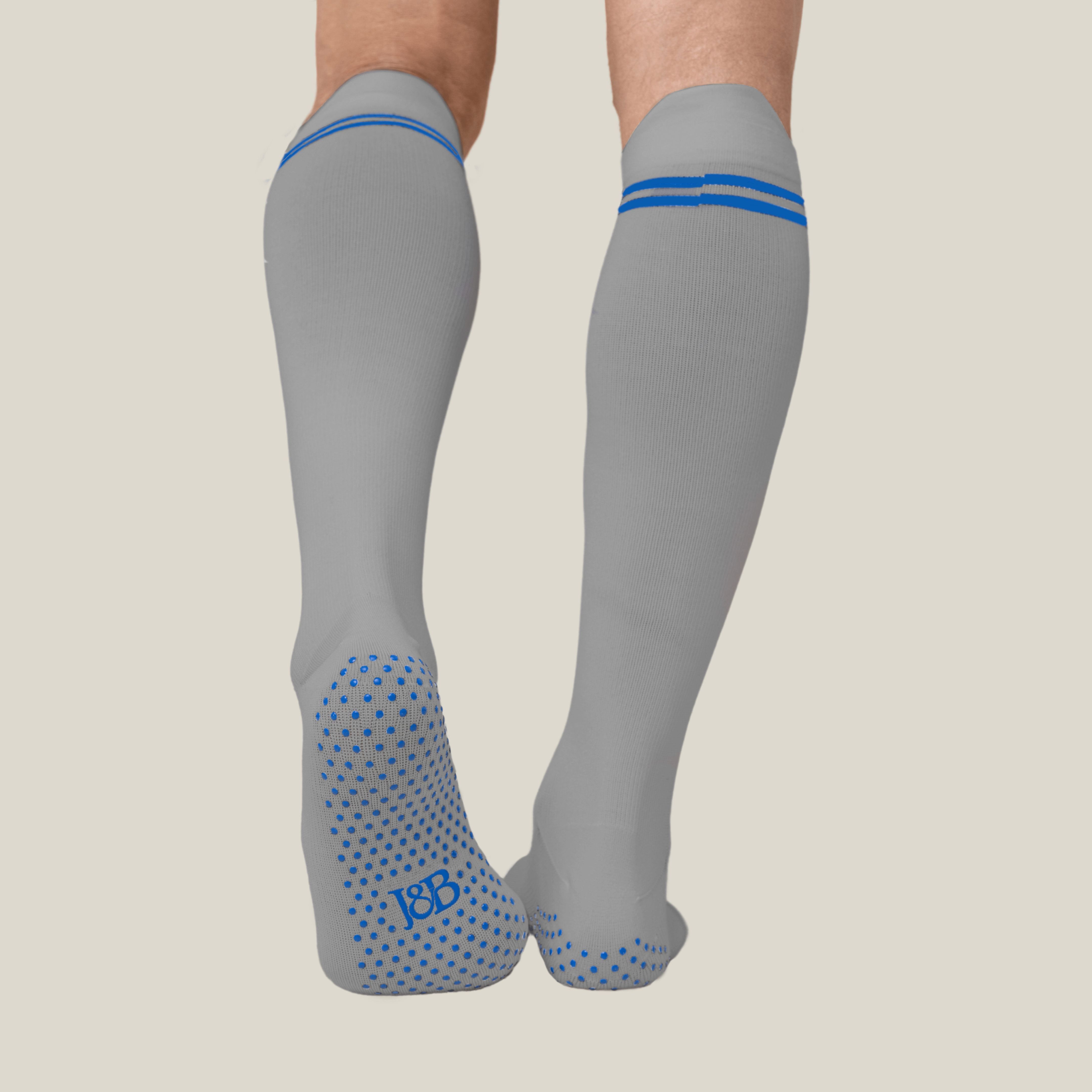




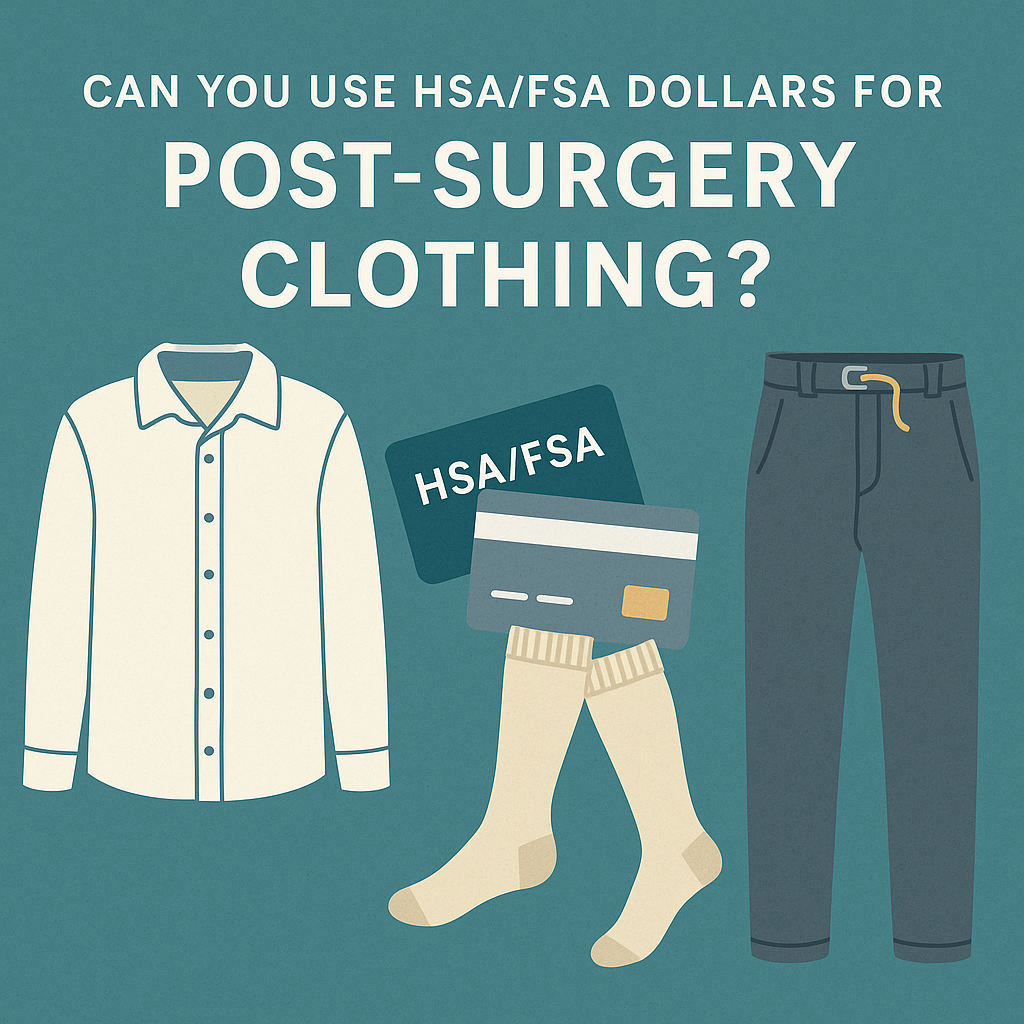
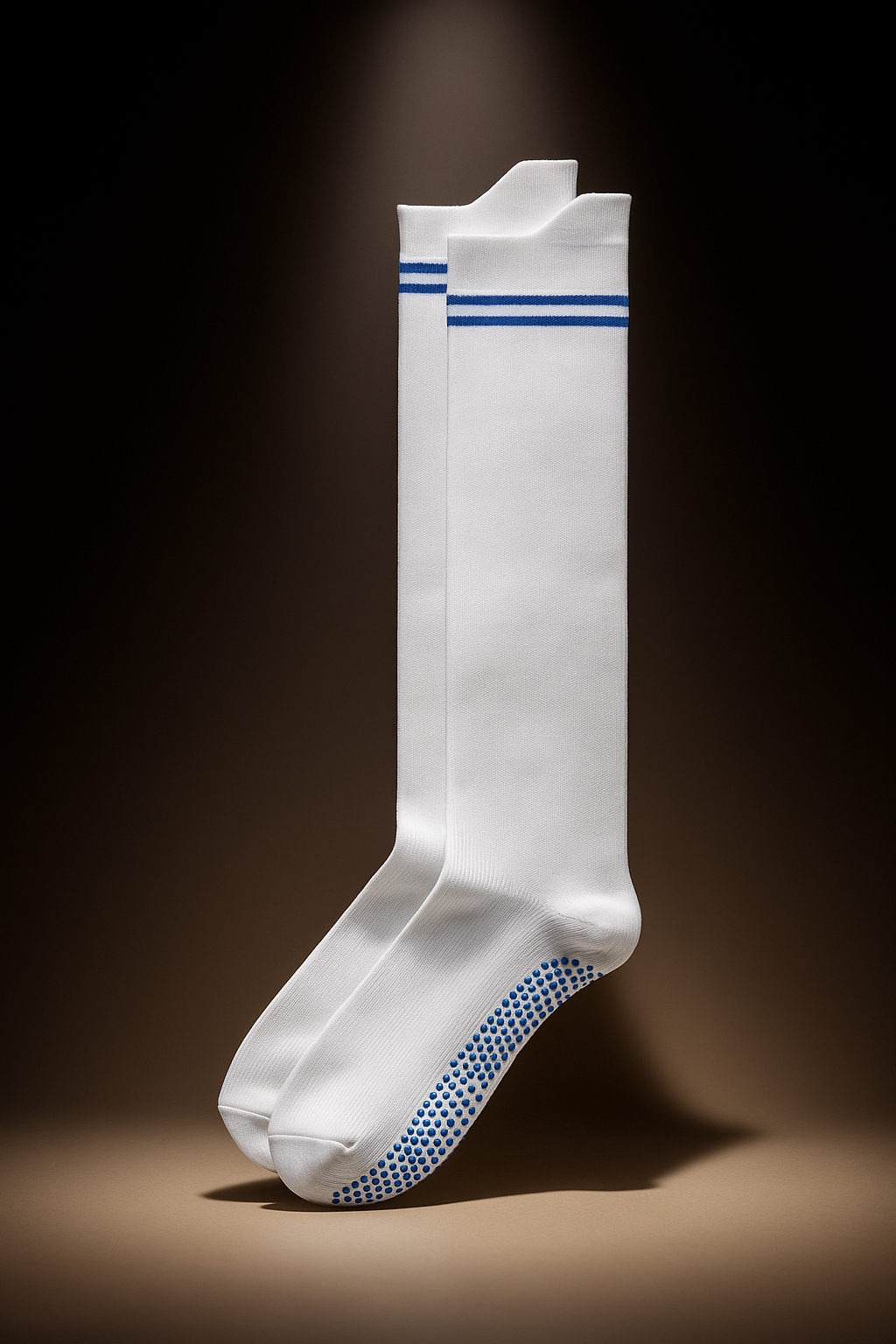









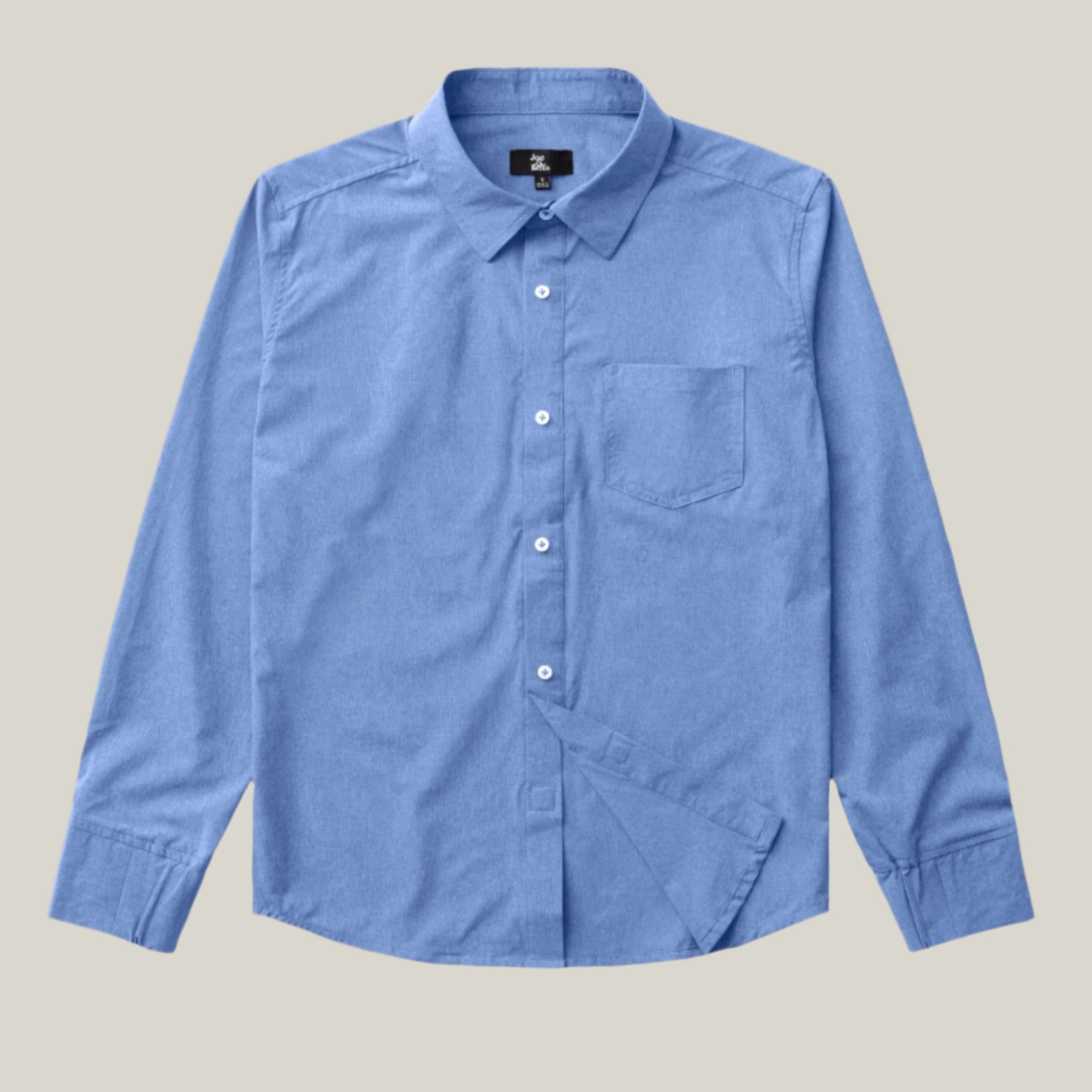
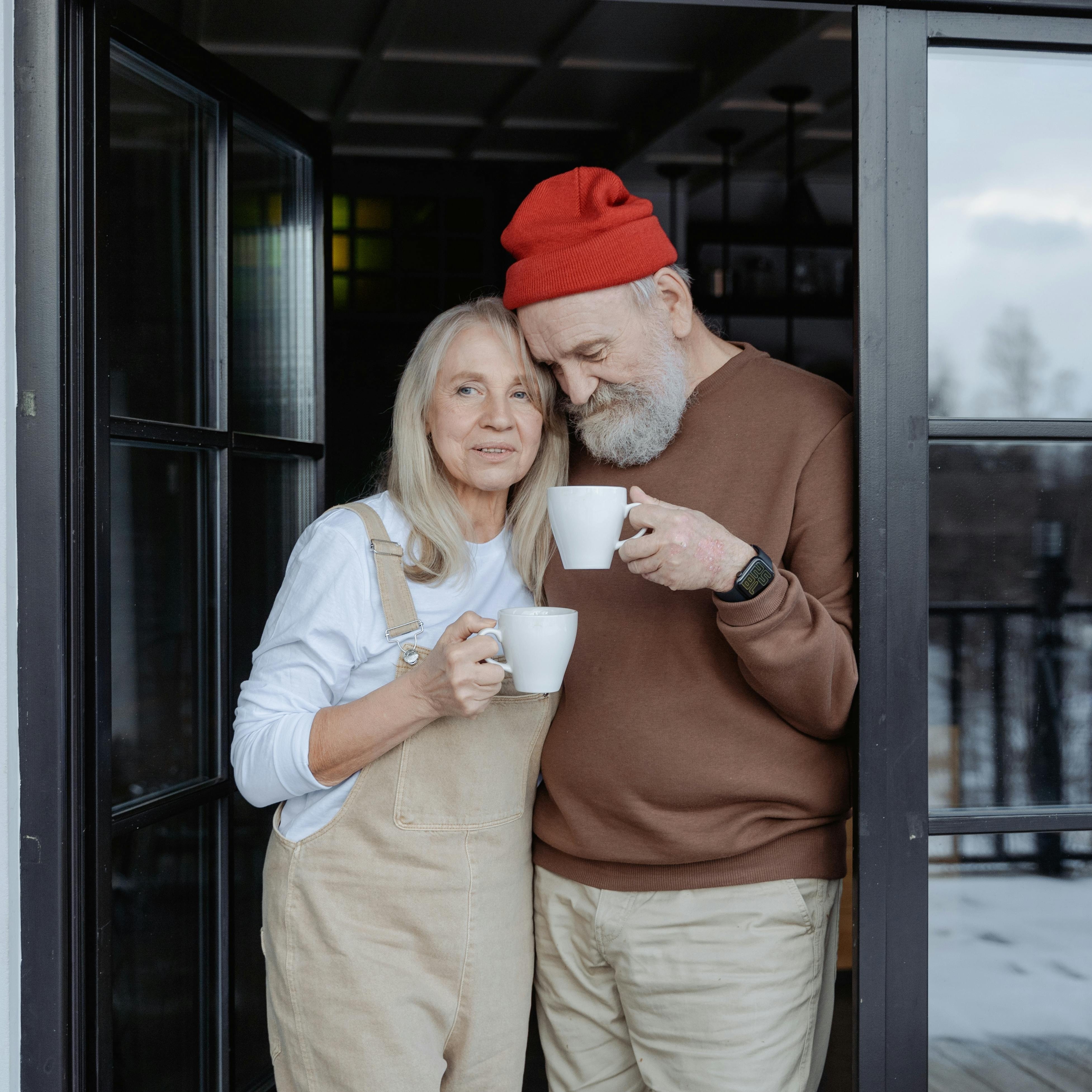

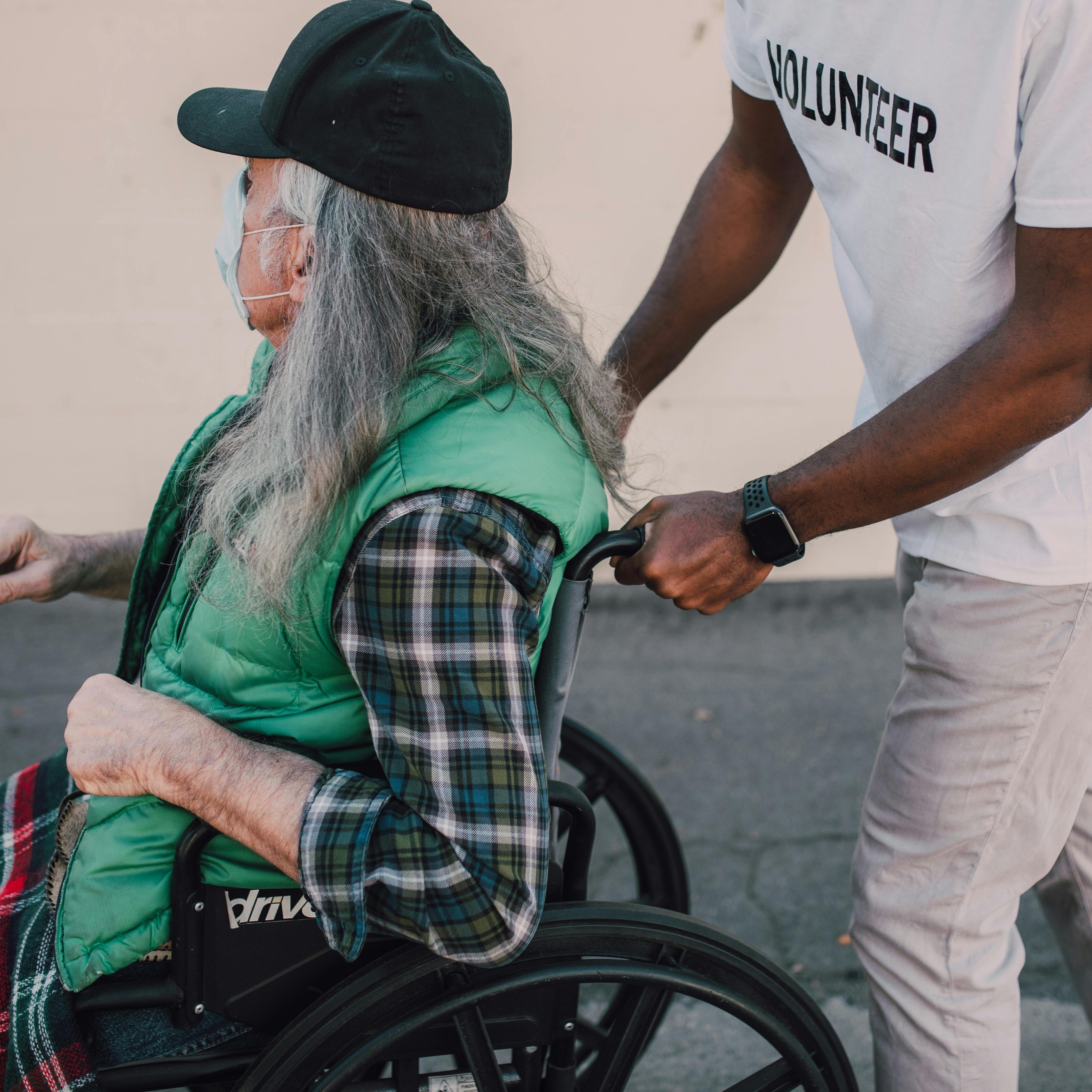


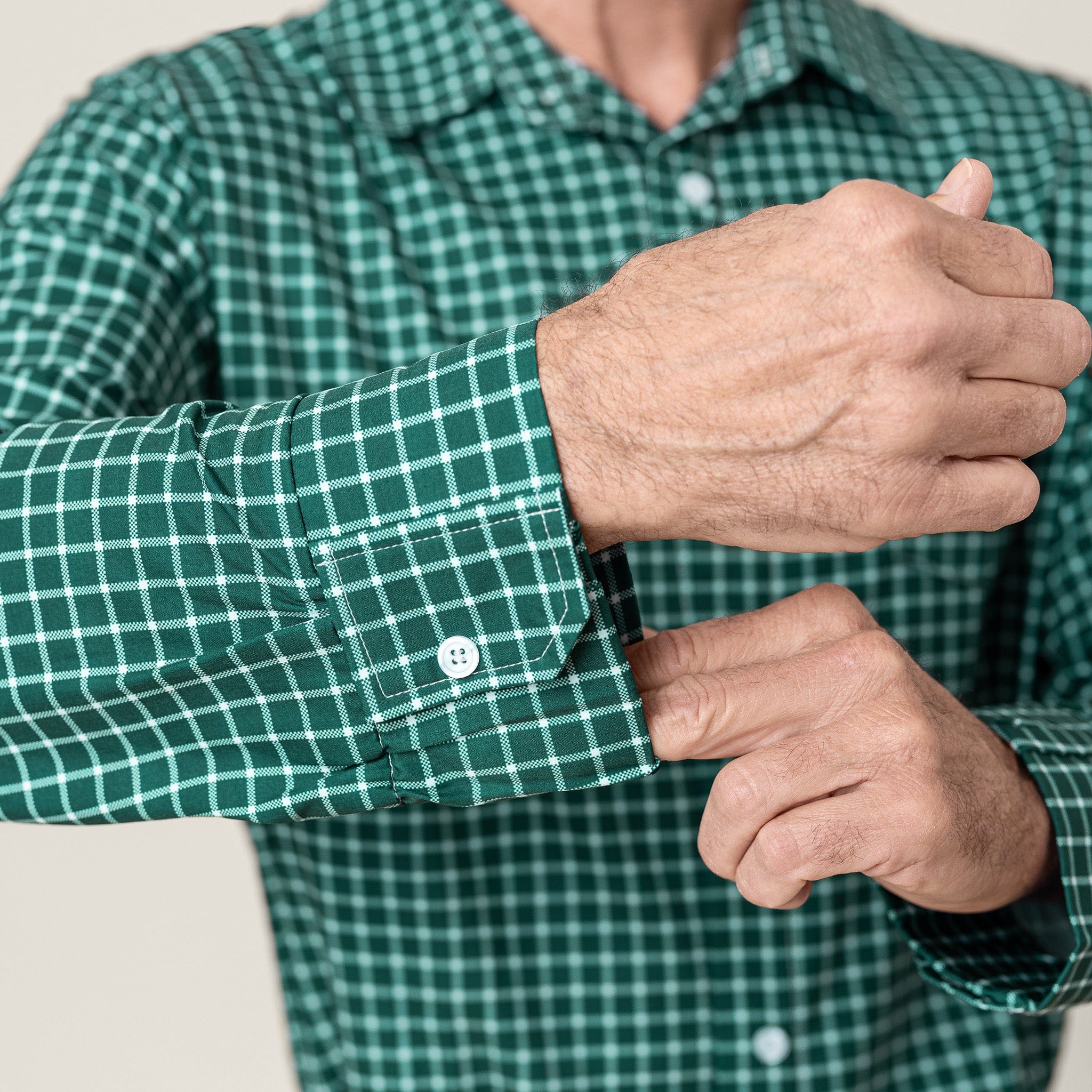


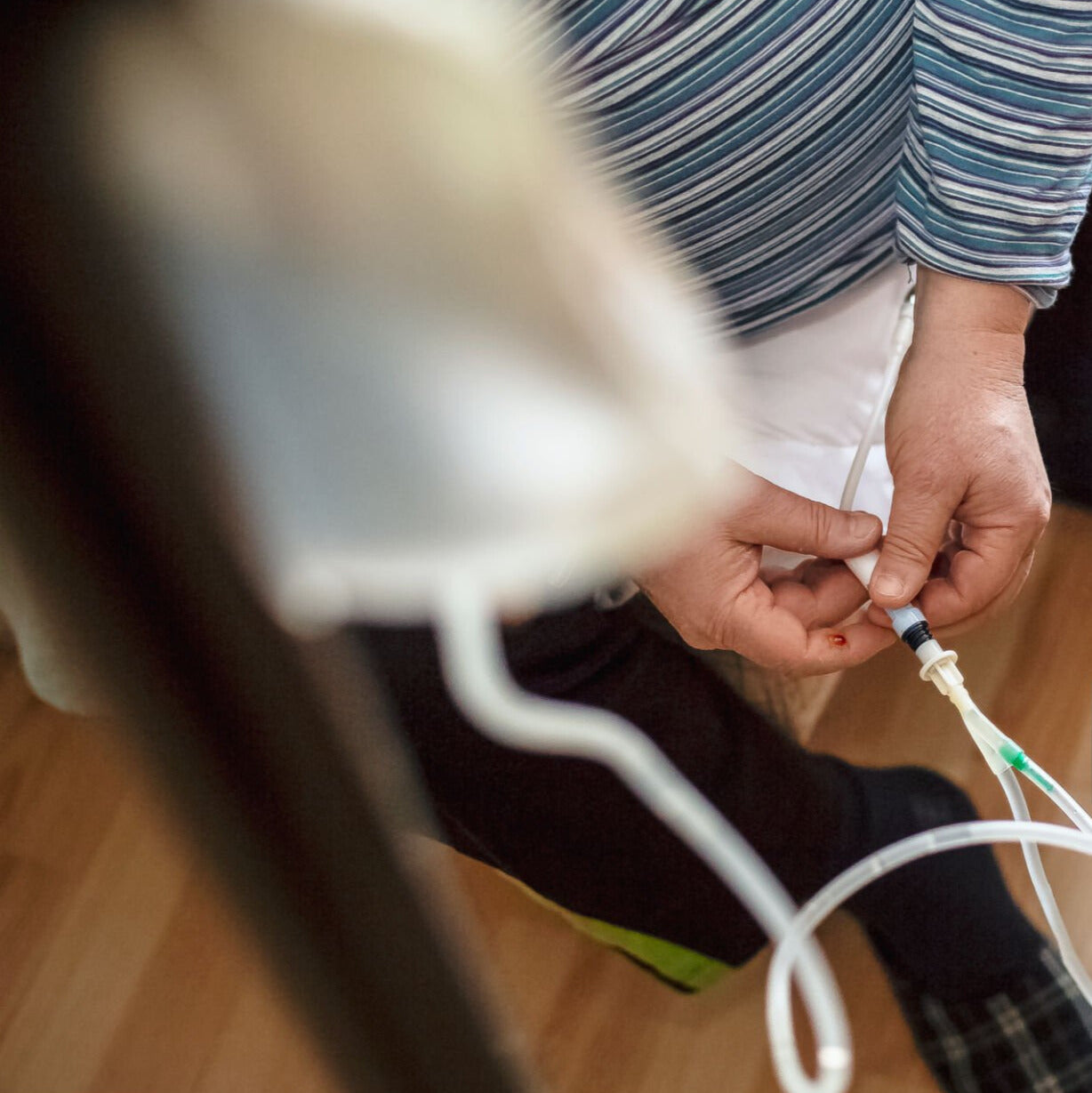
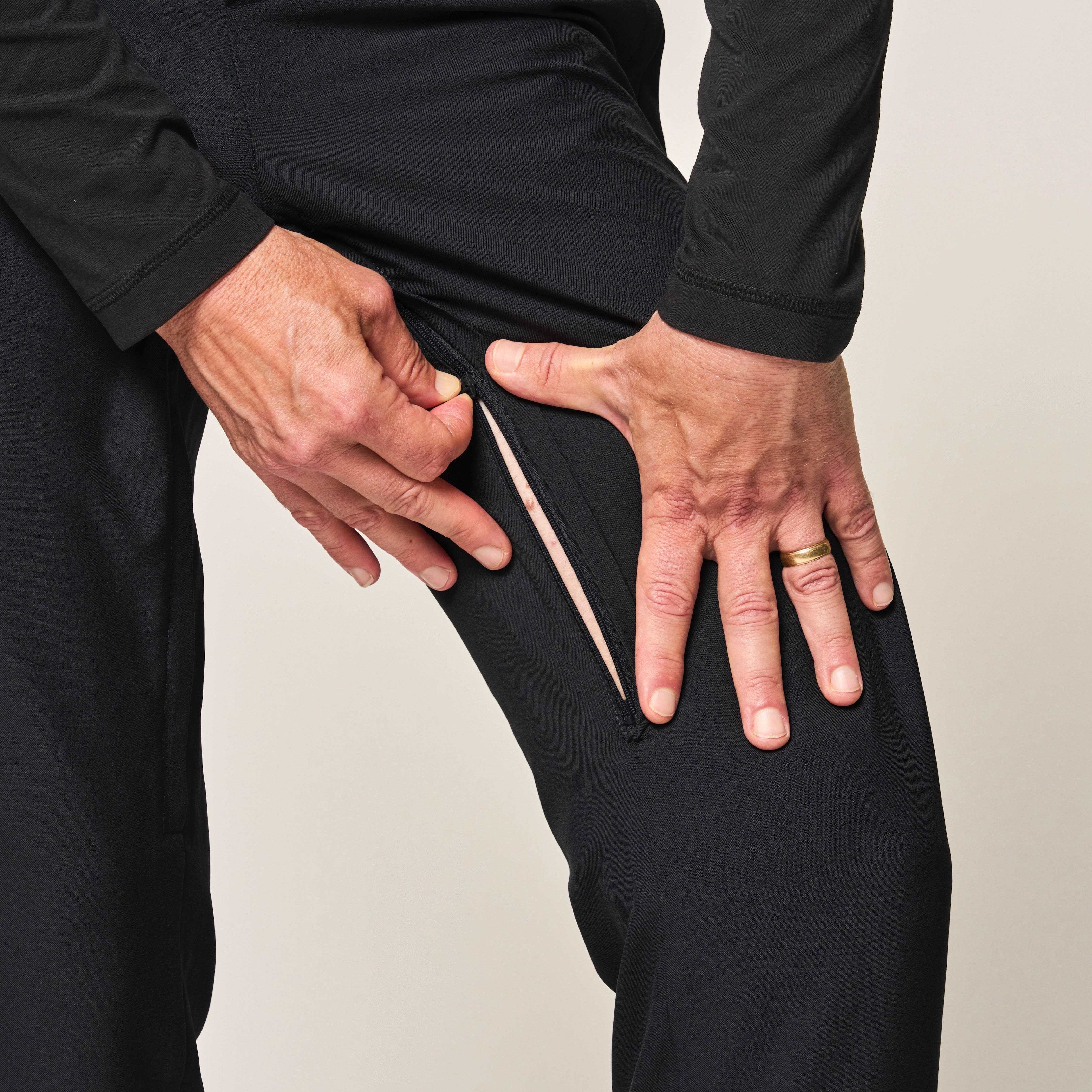
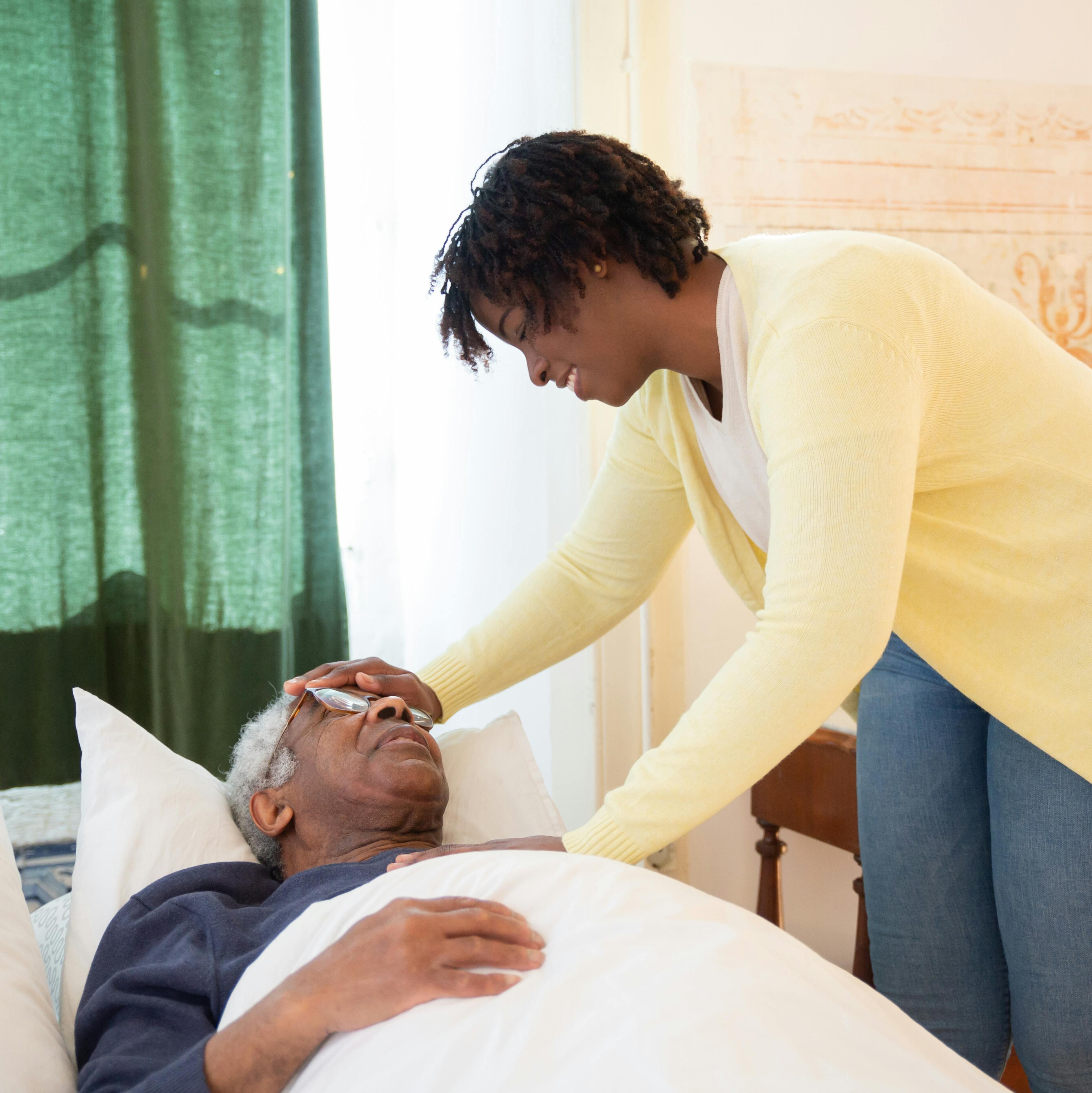

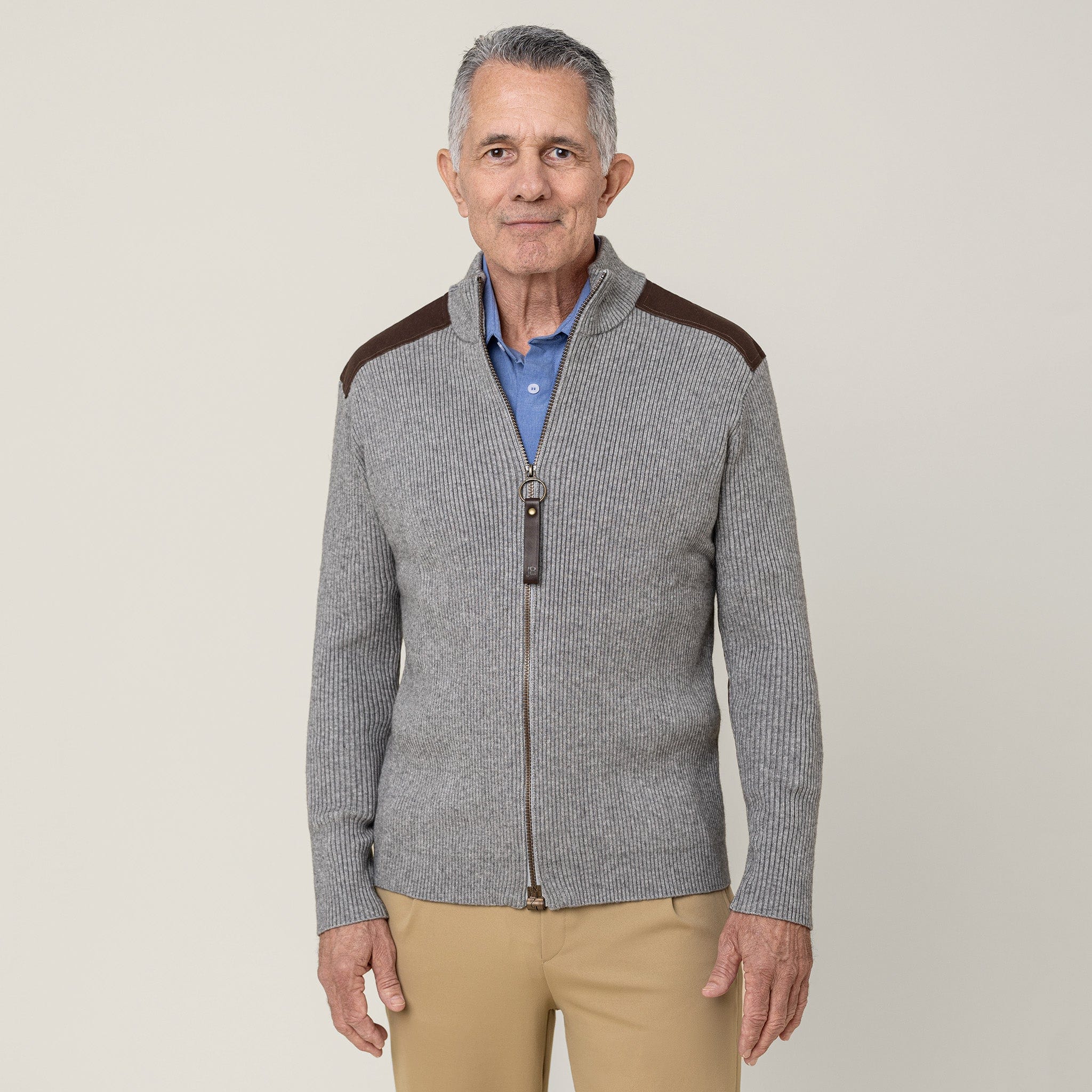
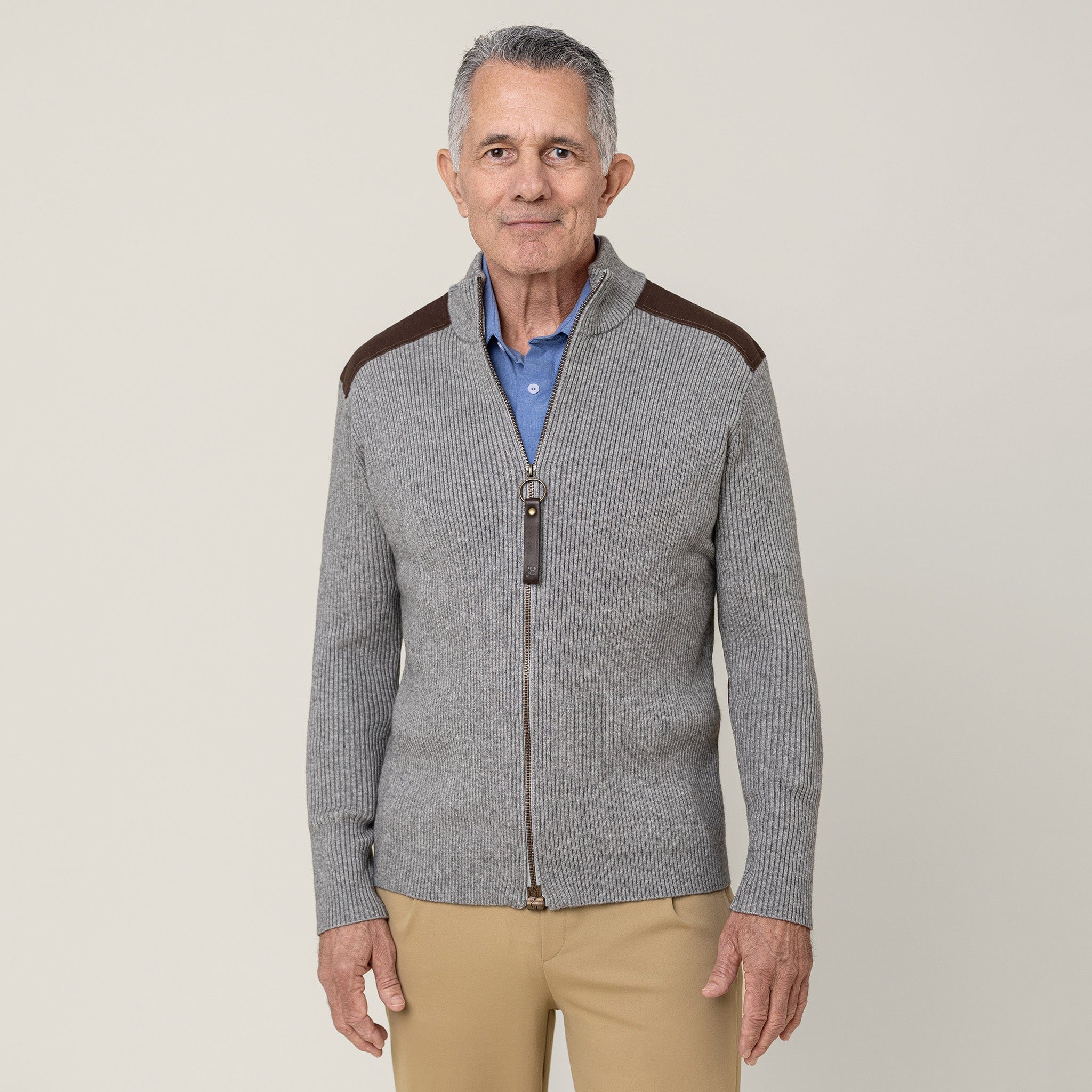
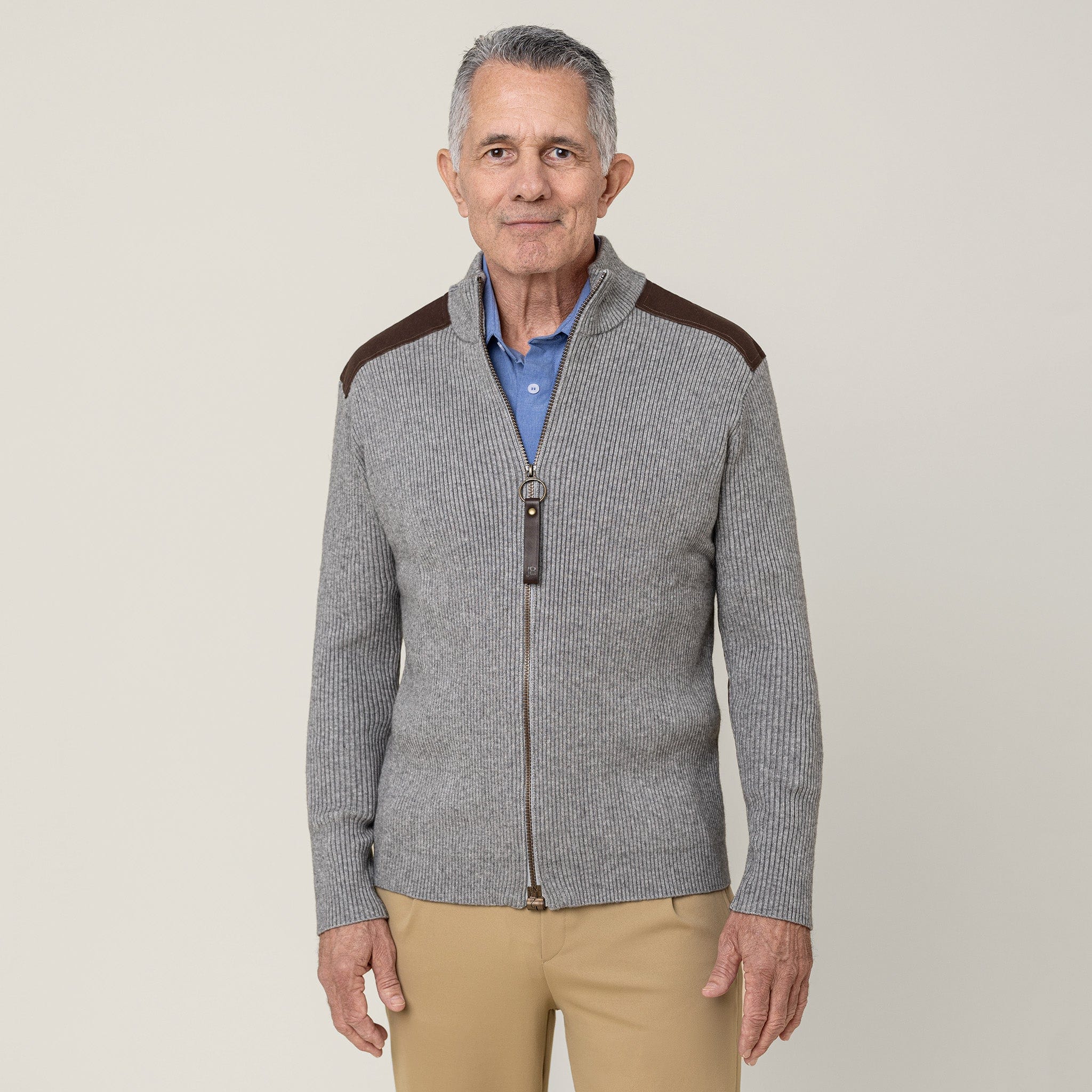
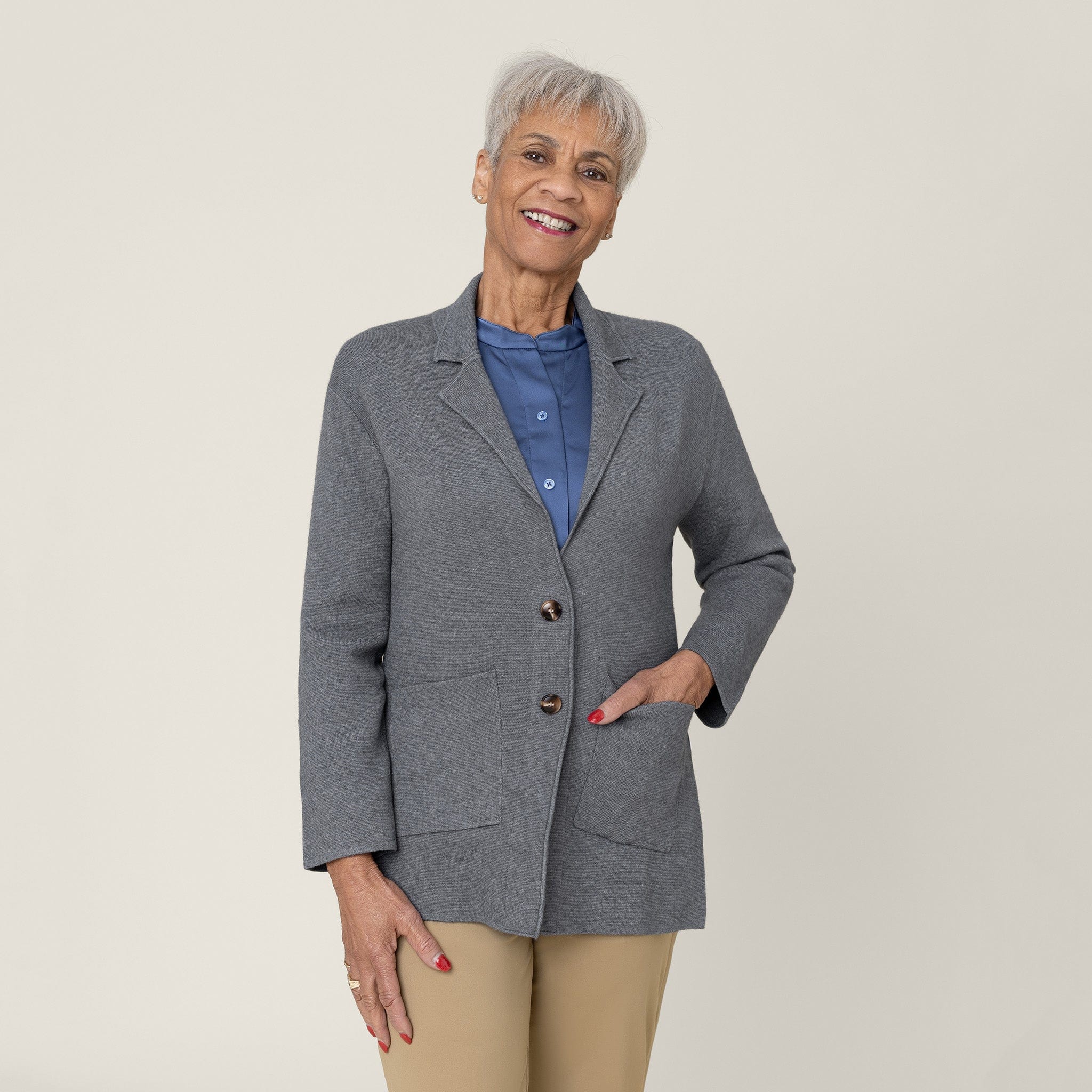
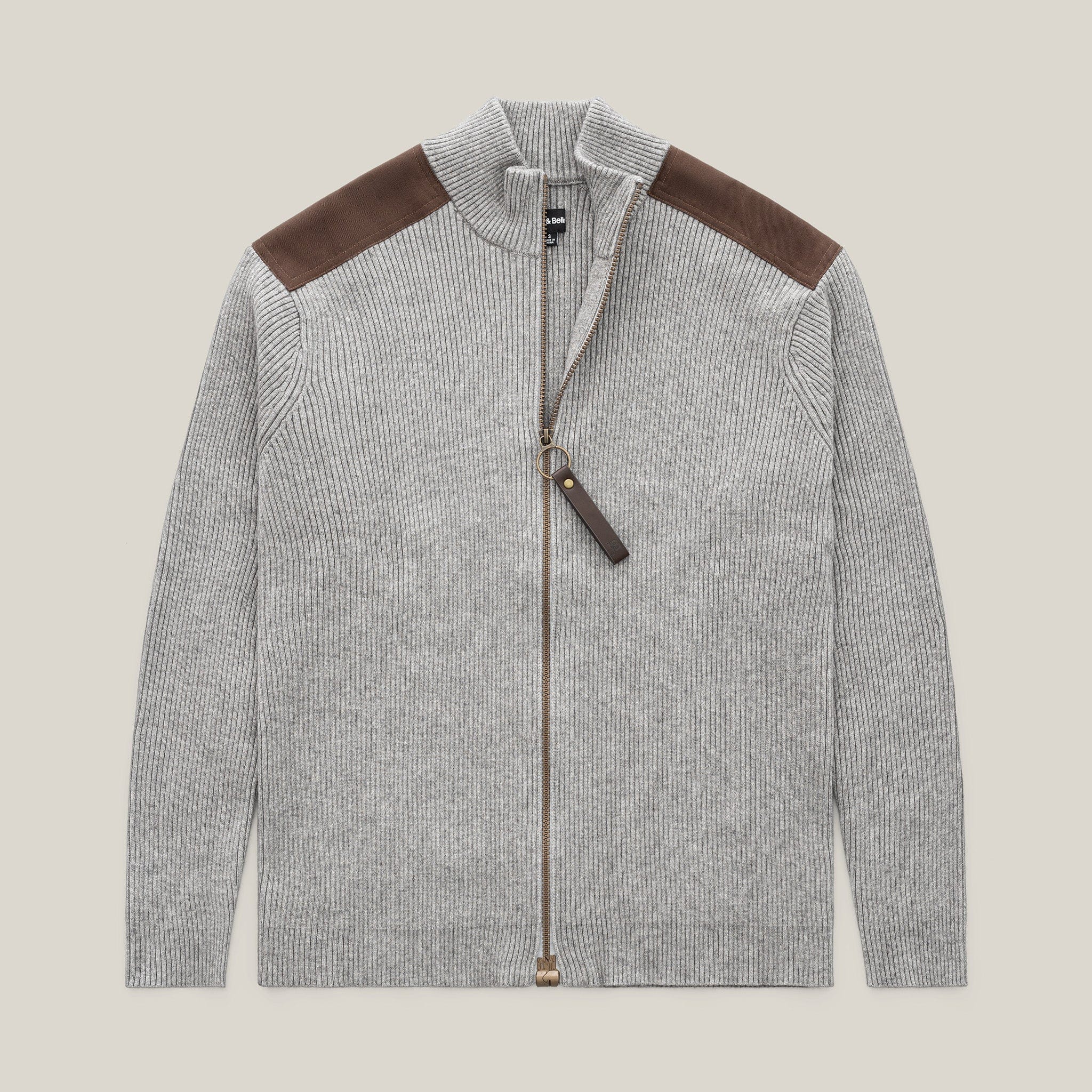
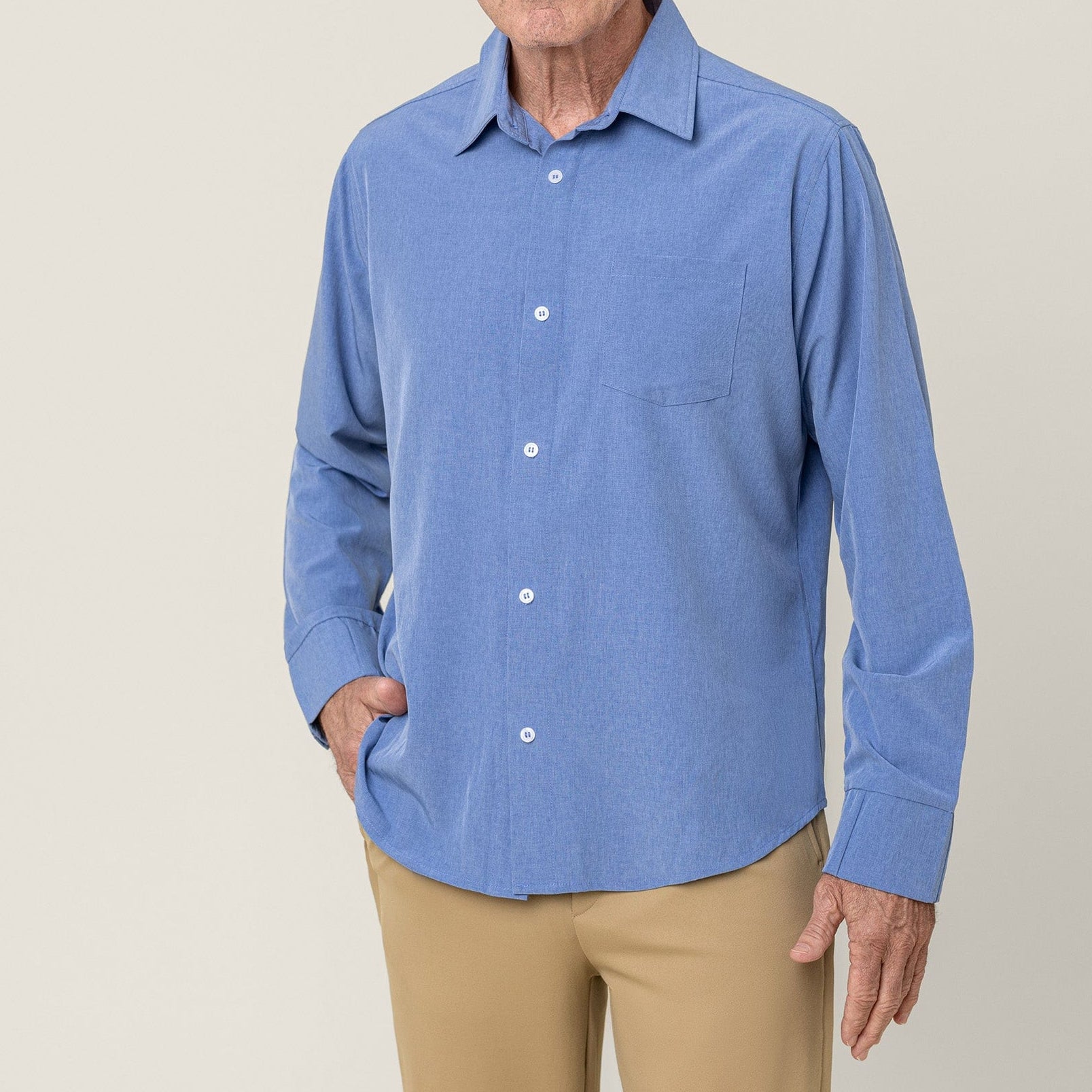

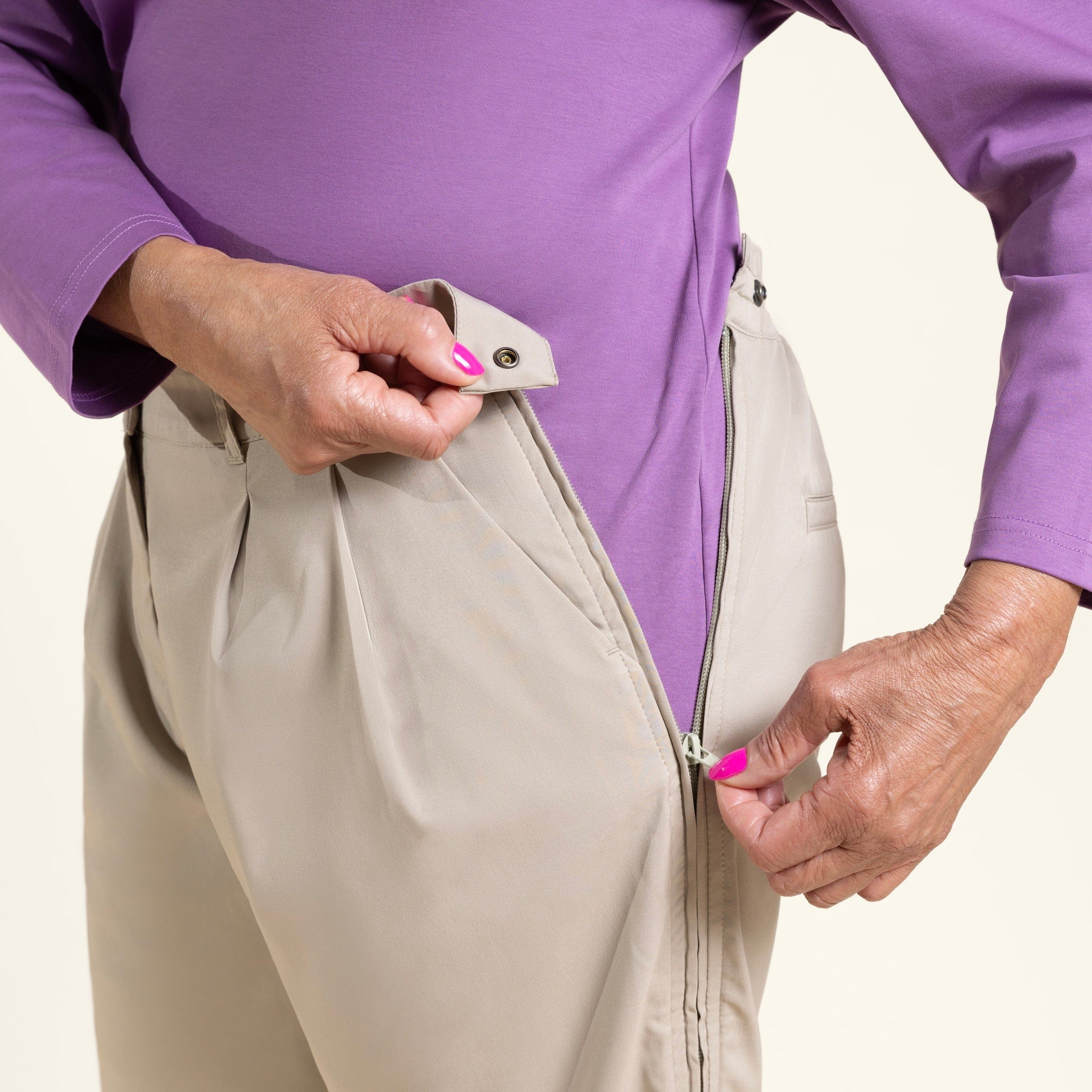



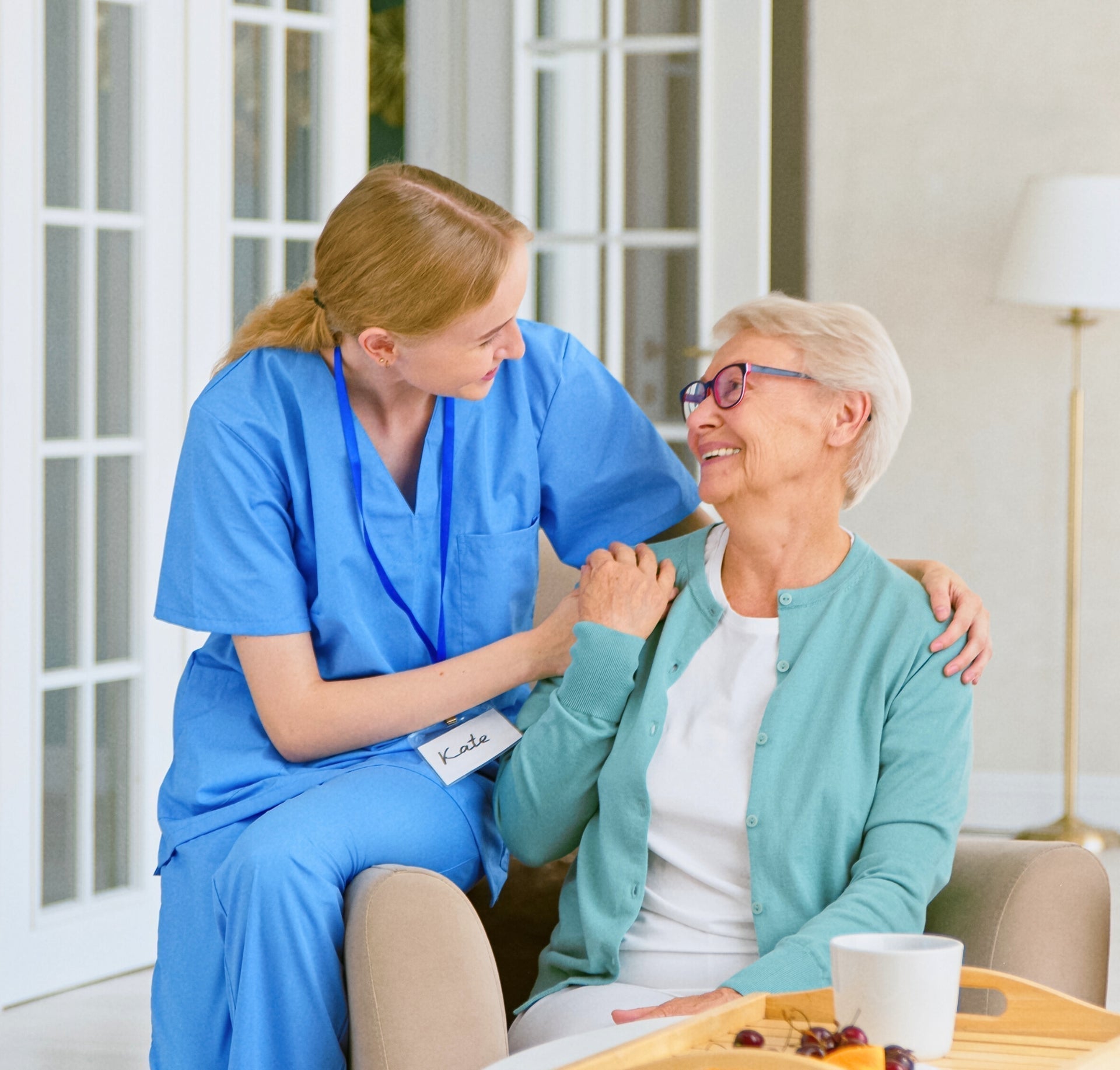

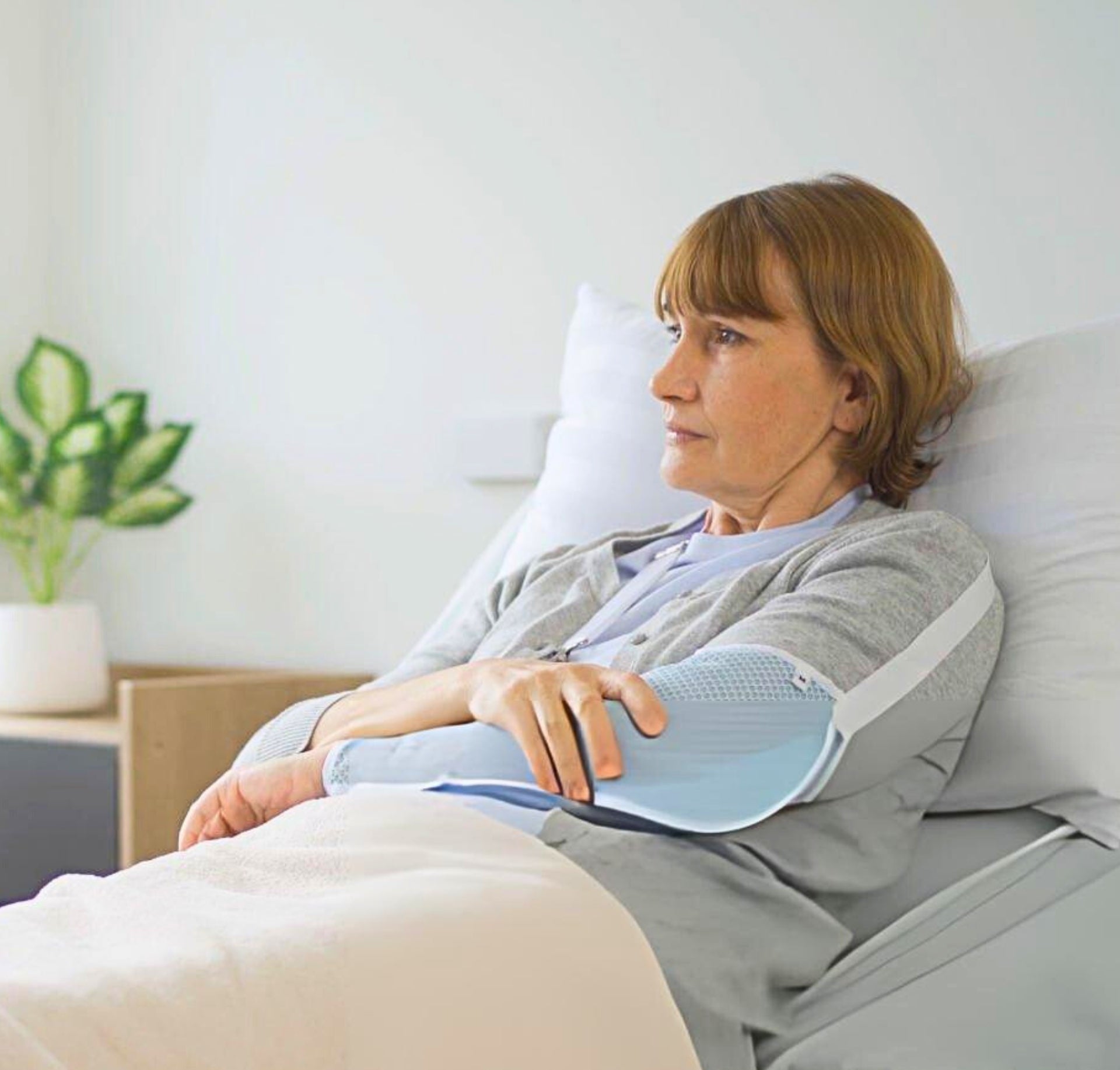



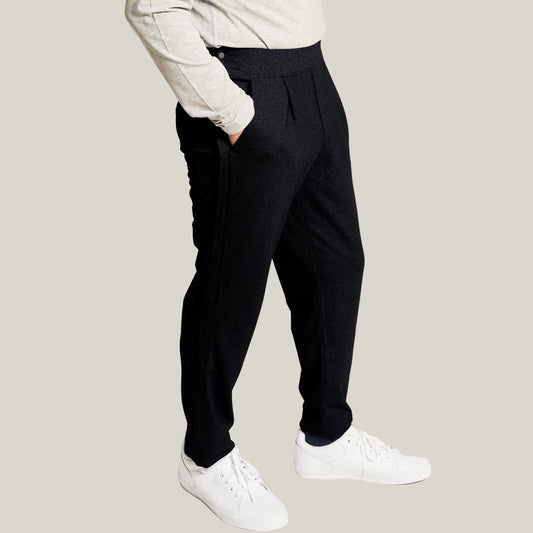
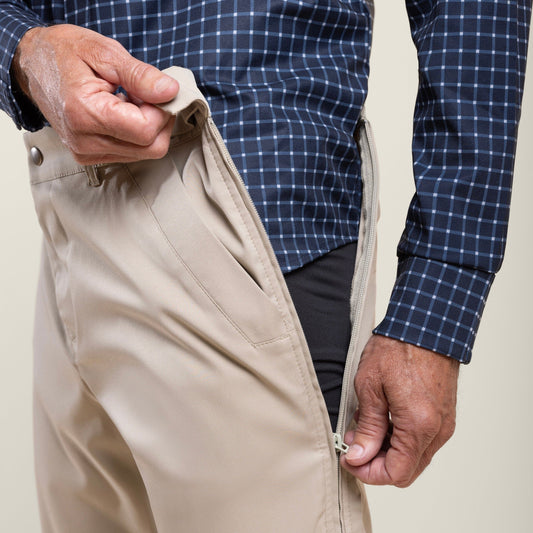
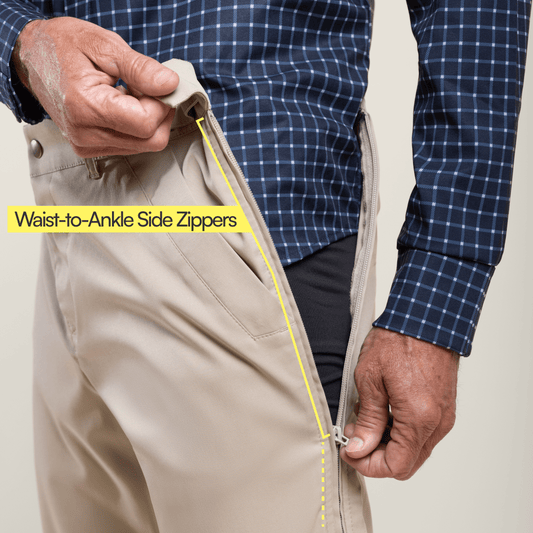
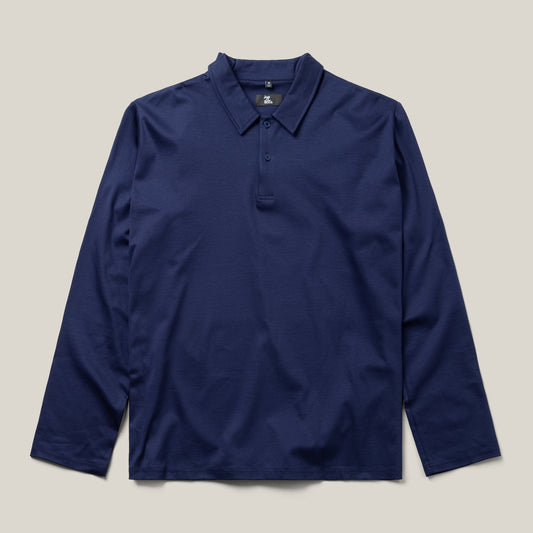

1 comment
This is an excellent and Informative blog about Hospital socks. The soles of these hospital socks have non-skid grips, providing extra traction on smooth surfaces like tile or hardwood floors. www.hysupplies.net